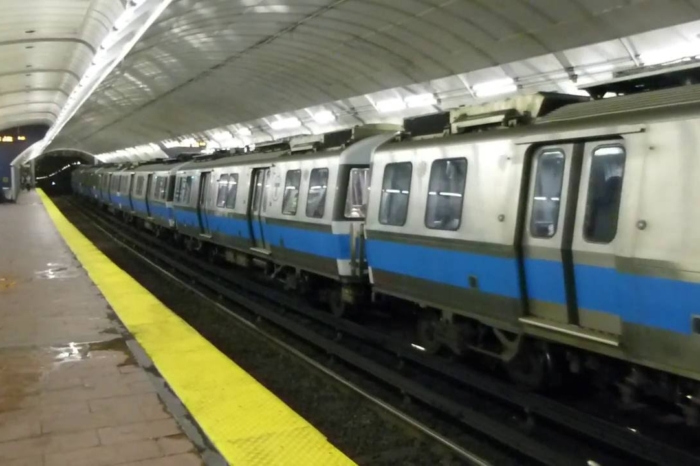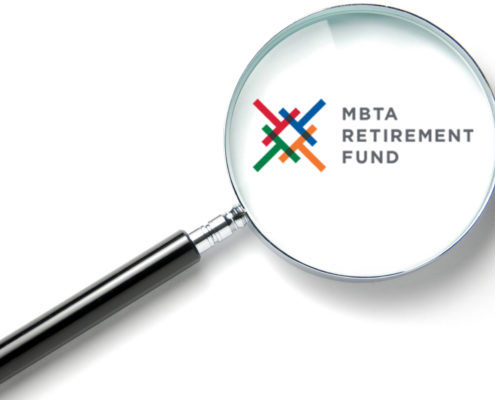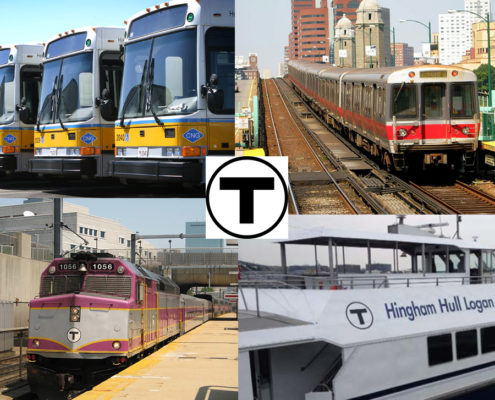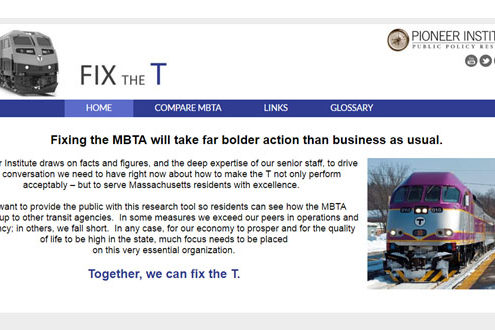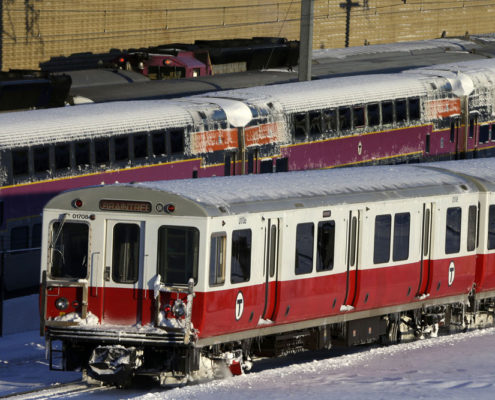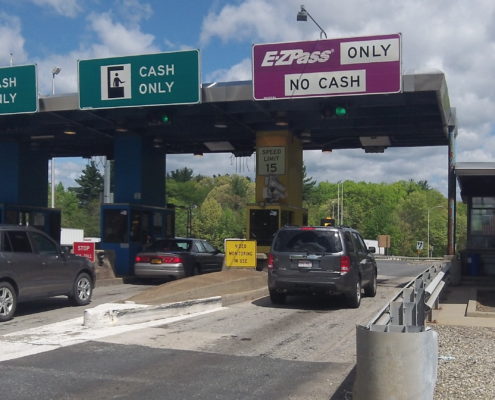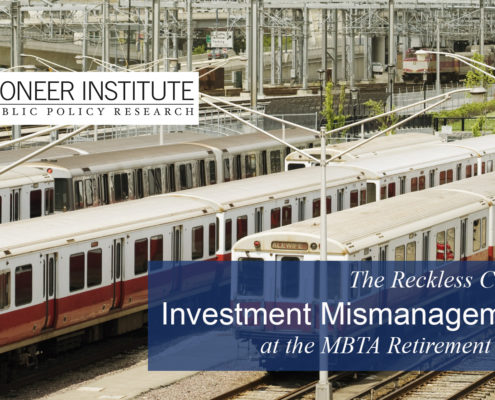Study Proposes “Marshall Plan” for Attracting and Retaining Talent Needed to Modernize the MBTA
Better hiring practices and internal organization, external resources needed to deliver on expanded capital budget
BOSTON – Going from much larger capital budgets to delivering the actual projects needed to repair and modernize the MBTA will require a “Marshall Plan” that includes improving T hiring practices and internal organization, as well as the strategic use of external resources, according to a new study published by Pioneer Institute.
“The problem with the MBTA capital program isn’t lack of money, it’s the inability to spend it,” said Ian Ollis, who authored “The $8.5 Billion Marshall Plan for MBTA Needs” with Greg Sullivan.
Annual MBTA capital spending has doubled to between $900 million and $1 billion since the system collapsed in the snow in 2015, but the T will need additional capacity to deliver on a plan to increase capital spending to $1.6 billion.
In the past, large capital budget increases have been followed by years of lag time before the MBTA could actually execute on the spending. The T has only spent 70 percent of its capital budget once since 2014.
Boosting annual capital expenditures and sustaining them at a high level will require the MBTA to focus on attracting and retaining senior-level talent.
MBTA hiring is currently a 96-step process that takes between 62 and 145 days. The authors laud the T’s target of reducing the hiring process to 47 steps and urge completing many of them simultaneously to allow for faster hiring.
T salaries are also below industry norms. The authors recommend leveraging a 2000 Massachusetts Labor Relations Commission decision that excludes a significant number of MBTA position titles from collective bargaining to hire experienced project managers at market rates.
Additional senior project staff would also reduce unrealistic workloads. Some managers oversee up to 16 projects at once.
Ollis and Sullivan recommend monthly reporting to the MBTA’s Fiscal and Management Control Board about progress on increasing the number of staff allocated to capital.
A confusing management structure slows progress and results in projects falling off the radar. Years after deciding to “weatherproof” Aquarium Station on the Blue Line in the wake of two storms that severely damaged elevators and escalators, the work still hasn’t been done.
“When the next big storm hits, riders will ask why it has never been completed,” Sullivan said.
Where effective internal capacity is lacking, the MBTA should leverage private firms that already possess the talent the T struggles to recruit. Since 2005, the Chicago Transit Authority (CTA) has used a private consortium to rebuild over 40 stations and add three new ones. The consortium’s contract has been renewed several times and CTA has earned accolades from the American Public Transportation Association for improved service and reliability.
About the Authors
Gregory Sullivan is Pioneer’s Research Director, and oversees PioneerPublic and PioneerOpportunity. Prior to joining Pioneer, Sullivan served two five-year terms as Inspector General of the Commonwealth of Massachusetts by appointment of the Governor, Attorney General, and Auditor. Prior to serving as Inspector General, Greg held several positions within the state Office of Inspector General. Sullivan was a 17-year member of the Massachusetts House of Representatives, serving on the committees of Ways and Means, Human Services, and Post-Audit and Oversight. Greg holds a bachelor’s degree from Harvard College, a master’s degree in public administration from The Kennedy School of Public Administration at Harvard, and a master’s degree from the Sloan School at M.I.T., with a concentration in finance.
Ian Ollis is a former South African Member of Parliament having served two terms. He was the Shadow Minister of Transportation, Shadow Minister of Labor, and Shadow Minister of Education during this time. In 2013 he drafted the Democratic Alliance national Transportation Policy. During his time as Member of Parliament Ian exposed a number of cases of corruption leading to major reforms. Previously Ian served as a City Councilor in Johannesburg, serving on the Transportation and City Planning Committees. He has a Masters Degree in Arts from the University of the Witwatersrand in South Africa. Ian is currently completing a City Planning Masters degree in transportation at M.I.T. and interning at Pioneer Institute as a Senior Research Analyst developing a transportation policy platform.
About Pioneer
Pioneer Institute is an independent, non-partisan, privately funded research organization that seeks to improve the quality of life in Massachusetts through civic discourse and intellectually rigorous, data-driven public policy solutions based on free market principles, individual liberty and responsibility, and the ideal of effective, limited and accountable government.
Get Our Fix the T Updates!
Related Research

